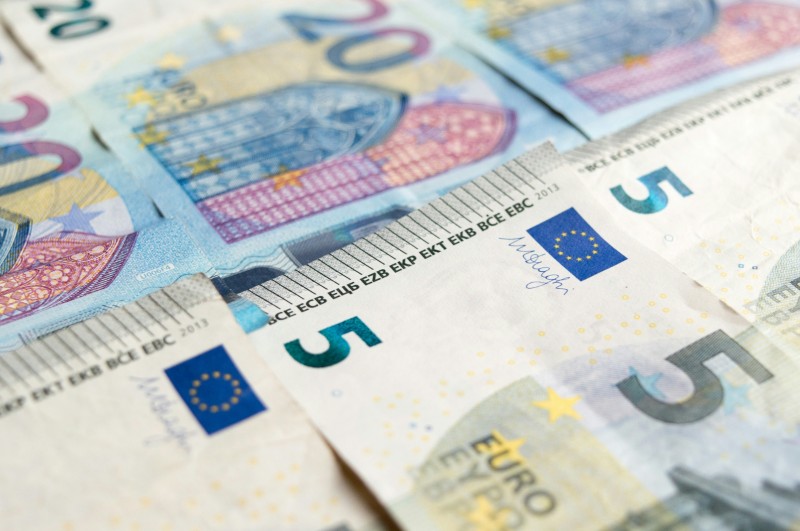Bulgaria to switch to euro
 Bulgaria plans to switch to the euro, which is a strategic step towards integration into the European community. The transition to the single European currency is an important part of the country's economic and political commitments as a member of the European Union. Bulgaria has already passed important milestones towards this goal, in particular joining the Exchange Rate Mechanism (ERM II) in July 2020.
Bulgaria plans to switch to the euro, which is a strategic step towards integration into the European community. The transition to the single European currency is an important part of the country's economic and political commitments as a member of the European Union. Bulgaria has already passed important milestones towards this goal, in particular joining the Exchange Rate Mechanism (ERM II) in July 2020.
Timeline for Bulgaria's euro changeover
Bulgaria is not expected to be able to switch to the euro until 2025 at the earliest. To do so, the country must meet a set of economic criteria known as the Maastricht criteria, which include price stability, sustainability of public finances, exchange rate stability and convergence of long-term interest rates.
Impact on real estate value
The changeover to the euro will have a significant impact on various aspects of the Bulgarian economy, including the real estate market. Let us consider the key effects of this transition:
- Increasing investment attractiveness: The introduction of the euro may make Bulgaria more attractive to foreign investors. Reduced currency risks and a more stable economic climate may stimulate investment in real estate, which may lead to an increase in demand and, consequently, housing prices.
- Market stabilization: The use of the euro can lead to greater financial stability and reduced inflationary risks. This can have a positive impact on the real estate market by reducing risks for buyers and sellers, which will contribute to stable price growth.
- Increase in real estate prices: As the experience of other countries that have switched to the euro shows, the process can be accompanied by an increase in real estate prices. This is due to increased demand from both locals and foreign investors. The cost of housing may increase, especially in large cities and resort areas.
- Strengthening the credit market: The changeover to the euro may help lower mortgage interest rates, as the euro is generally associated with lower rates compared to local currencies. This can make real estate more affordable for the general population, increasing demand.

- Rent growth: Increased demand for real estate may also lead to an increase in rents. This will be important for investors who consider buying a rental property as a source of passive income.
- Bulgaria's planned transition to the Euro is an important step towards economic stability and integration into the European economy. Although the transition process takes time and requires meeting a number of economic criteria, its impact on the real estate market can be significant. Increased investment attractiveness, market stabilization, rising property prices, a stronger credit market and rising rents are all expected effects that investors and property owners in Bulgaria should consider.
Preparing for the euro changeover could be a favorable time to invest in Bulgarian real estate, as there is now an opportunity to take advantage of the relatively low house prices that may rise after the introduction of the euro.

